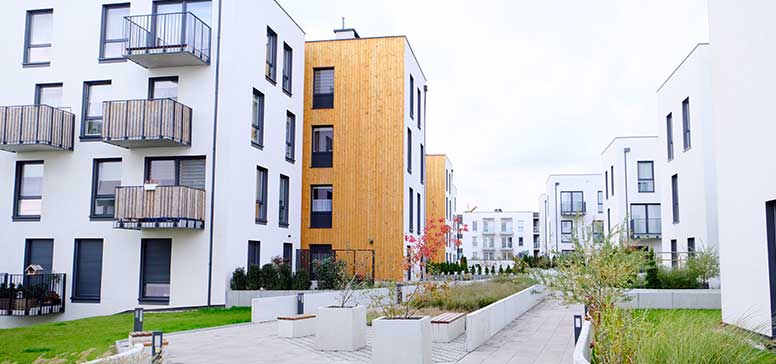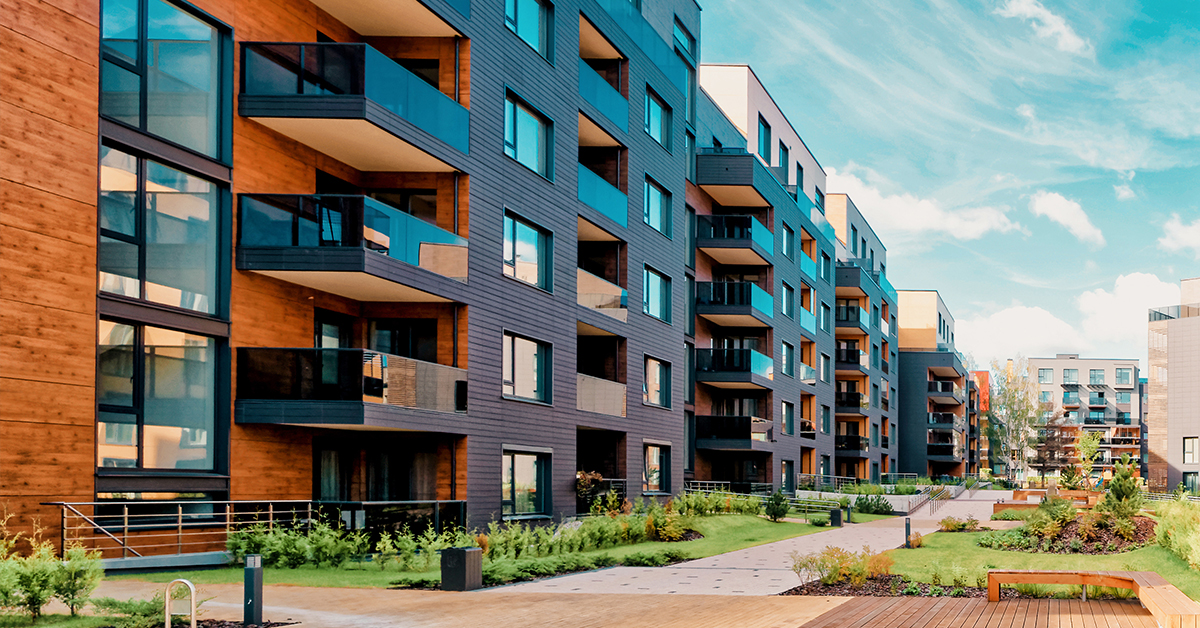Leading Myths About HOA Condo Life Debunked
Leading Myths About HOA Condo Life Debunked
Blog Article
The Duty of an HOA in Establishing and Enforcing Community Standards for Residents
The role of a Homeowners Association (HOA) in establishing and enforcing area standards is basic to keeping a natural and organized domestic environment. By formulating clear rules that control facets such as property maintenance and area conduct, the HOA not just sets standards for homeowners yet likewise fosters a feeling of belonging and liability.
Comprehending Property Owners Associations
Homeowners organizations (HOAs) act as governing bodies for residential areas, playing a crucial duty in preserving home values and cultivating a sense of community. Commonly developed by developers, HOAs are made up of property owners within a designated location who choose a board to supervise the association's tasks. The primary features of an HOA include applying community regulations, handling usual areas, and arranging area events.
HOAs run under a set of regulating files, consisting of limitations, commitments, and conditions (CC&R s), which detail the civil liberties and obligations of homeowners. These policies intend to ensure that residential or commercial properties are preserved to a particular standard, thus shielding the aesthetic appeal and general worth of the area. Additionally, HOAs typically accumulate charges from property owners to fund upkeep, landscape design, and various other area services.
The presence of an HOA can substantially affect the living experience within an area (hoa condo). While some residents appreciate the structured environment and facilities supplied, others might locate particular laws limiting. Stabilizing the passions of all homeowners is important for an HOA to work efficiently, making certain that it offers its desired objective of boosting area living while appreciating private house owner legal rights
Establishing Neighborhood Guidelines

To begin, an HOA should conduct surveys or convene that enable citizens to articulate their recommendations and issues. This participatory process promotes a sense of ownership and enhances compliance. Next, the HOA board should evaluate the comments to identify common themes and priorities that warrant official incorporation in the standards.
It is also essential to make sure that the standards are clear, succinct, and quickly understood. Obscurities can cause misunderstandings and conflicts, threatening the purpose of the standards. In addition, the standards ought to be extensive, covering various facets of area living, including home maintenance, sound degrees, and use usual locations.
Enforcement of Guidelines
Effective enforcement of neighborhood guidelines is crucial for preserving order and guaranteeing that all homeowners adhere to the developed guidelines. An HOA must carry out a structured technique to impose these laws, which typically entails a combination of surveillance, communication, and fines for non-compliance.
First, regular assessments and community patrols can assist identify infractions, making certain that guidelines are continually applied across the area. This proactive tracking permits the HOA to deal with concerns prior to they escalate, promoting a feeling of accountability among homeowners.
Second, clear communication is crucial. Residents must be educated of the rules and the procedures for reporting infractions. An open line of interaction encourages locals to voice worries and look for explanation on guidelines, which can enhance compliance.

Lastly, when violations take place, the HOA needs to impose repercussions as outlined in the regulating documents. By properly implementing policies, an HOA can grow a harmonious living environment that mirrors the cumulative values of its residents.
Advantages of HOA Regulations
Numerous advantages emerge from the implementation of HOA laws, which offer to enhance the top quality of life within a neighborhood. One primary benefit is the maintenance of home values. By implementing standards for visual appeals and maintenance, HOAs guarantee that homes and usual areas continue to be appealing, fostering a desirable living setting that can cause increased residential property values gradually.
Additionally, HOA guidelines promote consistency and harmony within the community. This comprehensibility in layout and maintenance aids to create a sense of belonging amongst residents, adding to area pride and a favorable ambience. Additionally, linked here developed standards help with dispute resolution amongst neighbors by offering clear assumptions and methods for behavior, consequently decreasing disputes.
Another significant benefit is the arrangement of common features and solutions. Several HOAs manage community facilities such as clubhouses, parks, and pools, which enhance leisure chances for citizens. These features not just boost the lifestyle yet additionally urge social communication.
Inevitably, the laws established forth by an HOA grow an efficient, unified neighborhood, making sure that locals delight in a high requirement of living while fostering a supportive environment for all homeowners.
Usual Obstacles Dealt With by HOAs
Amidst the advantages that property owners organizations (HOAs) can supply, they also run into a range of challenges that can impede their effectiveness. Several property owners might not take part in conferences or neighborhood tasks, leading to a detach in between the HOA board and locals.
An additional difficulty is the enforcement of regulations and policies. Disagreements can occur when citizens feel that enforcement is inconsistent or prejudiced, potentially causing problems within the neighborhood. In addition, HOAs frequently deal with economic constraints, which can restrict their capacity to maintain typical locations or fund area projects. This can produce frustration among locals that anticipate high criteria of upkeep.
Moreover, browsing legal intricacies can be intimidating for HOAs. Transforming demographics and progressing community needs call for HOAs to adapt their guidelines, commonly meeting resistance from long-lasting citizens that are accustomed to typical standards.
Final Thought

By creating clear rules that regulate facets such as residential or commercial property maintenance and area conduct, the HOA not only sets requirements for homeowners but likewise cultivates a feeling of belonging and accountability.Homeowners associations (HOAs) serve as regulating bodies for residential communities, playing a vital duty in maintaining home values and promoting a feeling of area. Several homeowners may not take part in meetings or neighborhood tasks, leading to a detach in between the HOA board and homeowners. Transforming demographics and evolving community needs require HOAs to adapt their guidelines, frequently meeting resistance from long-standing locals who are accustomed to conventional norms. Through the development of clear regulations and consistent enforcement, HOAs advertise building upkeep, area satisfaction, and depend on among locals.
Report this page